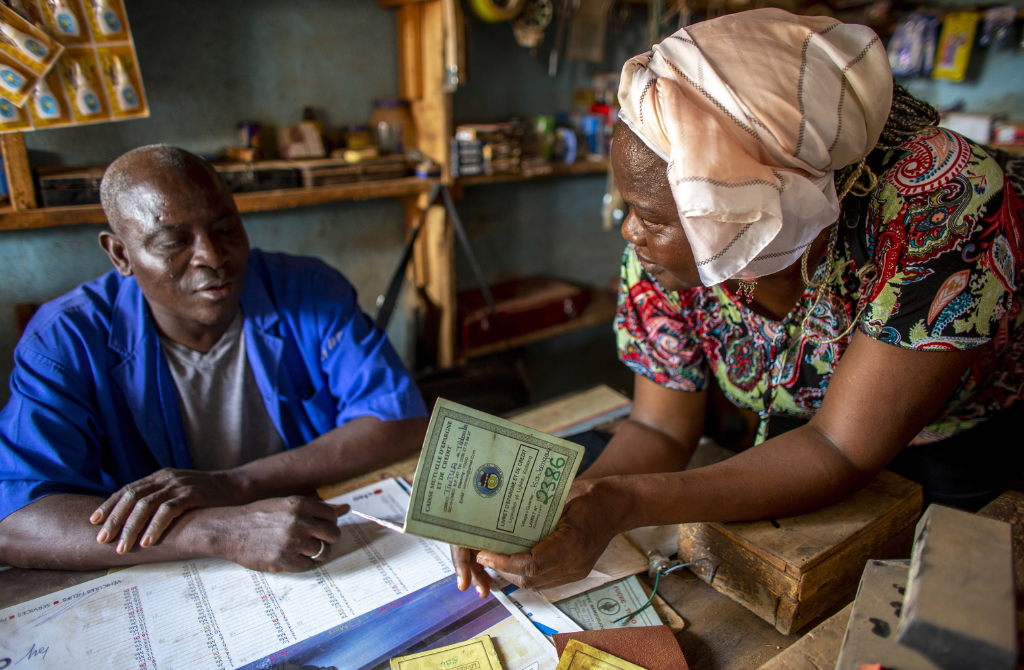Togo launches national financial survey to forge data-driven economic policy

In a strategic move to deepen financial sovereignty and social cohesion, Togo is launching a national financial inclusion survey on November 6, 2025. This initiative transcends mere data collection, positioning itself as a critical tool for shaping future public policy.
With a financial inclusion rate of nearly 87% in 2024, the primary challenge is no longer just expanding access, but understanding how populations use financial services and why certain segments remain excluded.
By mobilizing its national statistics institute (INSEED) and aligning with a coordinated approach led by the Central Bank of West African States (BCEAO) across the WAEMU region, Togo demonstrates a commitment to evidence-based governance.
In practical terms, this field research will inform pivotal decisions: Which regions should be prioritized for financial infrastructure? What support mechanisms best bolster small businesses?
How can financial products be adapted to rural realities, often defined by community-based economies and variable incomes?
The political impact is twofold. First, the state can refine its support programs, moving away from generic policies to target actual needs.
Second, comparing results with other WAEMU nations will strengthen Togo’s influence in regional negotiations on financial reforms.
The anticipated developmental benefits are direct: improved circulation of money in the local economy, a boost in entrepreneurship, the gradual formalization of the informal sector, and enhanced economic autonomy for citizens.
In essence, this survey is less a technical exercise and more an act of national strategy to consolidate inclusive growth.
Kodjovi MAKAFUI






